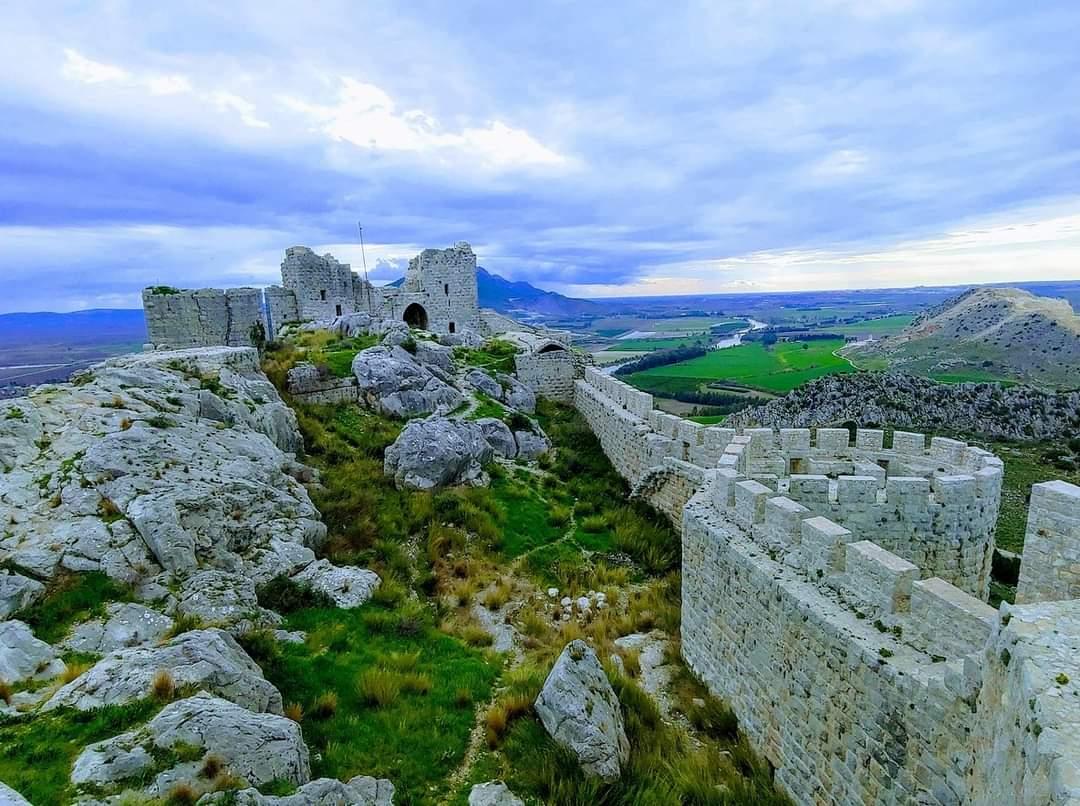Archaeo-Histories on Nostr: Yılankale meaning 'snake castle' is a late 12th–13th Century CE, Armenian castle ...
Yılankale meaning 'snake castle' is a late 12th–13th Century CE, Armenian castle in Adana Province, Türkiye.
It is known in Armenian as Levonkla ("Levon's fortress") after its possible founder—King Leo (Levon) I the Magnificent of the Armenian Kingdom of Cilicia. Medieval Armenian names attached to the site are Kovara and Vaner.
#archaeohistories

Published at
2024-10-19 06:58:57Event JSON
{
"id": "00384820e22281888e6759e9af1b7df3e1ff09e9c5e8807d8631412a387e9691",
"pubkey": "7670271d5ab459d7b523316b2a3b72b86ca991879c097491be74301b9ff77c2c",
"created_at": 1729321137,
"kind": 1,
"tags": [
[
"t",
"archaeohistories"
],
[
"proxy",
"https://ohai.social/users/archaeohistories/statuses/113332790096546233",
"activitypub"
]
],
"content": "Yılankale meaning 'snake castle' is a late 12th–13th Century CE, Armenian castle in Adana Province, Türkiye. \n\nIt is known in Armenian as Levonkla (\"Levon's fortress\") after its possible founder—King Leo (Levon) I the Magnificent of the Armenian Kingdom of Cilicia. Medieval Armenian names attached to the site are Kovara and Vaner. \n\n#archaeohistories\n\nhttps://files.ohai.social/media_attachments/files/113/332/789/736/061/572/original/7b350f459073b825.jpg",
"sig": "86ad83244036da80b73f27c9e00629d16fd09f5f64367ba6c7b38daa90fa672832759ee03de81a59032c8bd30e843ae3d8854fe72dd89639019ad18b78838af5"
}

